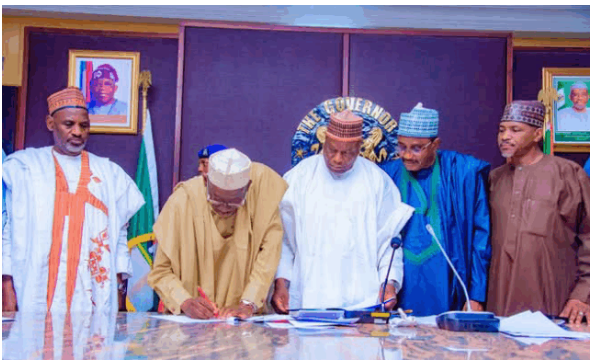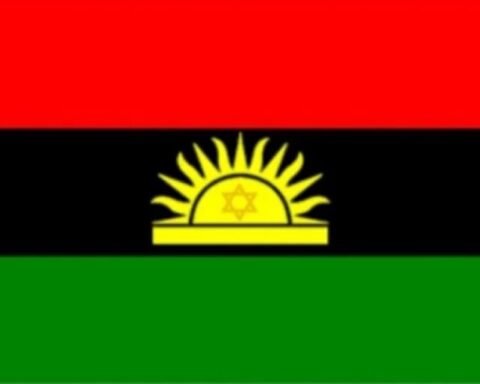In a significant development aimed at reinforcing moral standards and community values in Jigawa State, Governor Umar Namadi has officially signed the Hisbah Board Establishment Bill into law. The signing ceremony, held at the Government House in Dutse, was attended by members of the State Executive Council, traditional rulers, religious leaders, and representatives from civil society.
The new law formalizes the structure, powers, and functions of the Hisbah Board — an Islamic moral enforcement agency tasked with promoting ethical conduct, preventing societal vices, and mediating minor community disputes through Islamic principles.
Governor Namadi, while signing the bill, described the law as “a bold step toward restoring discipline, morality, and social cohesion in our communities.” He emphasized the need to uphold Islamic values in public life and pledged that the board would operate within the limits of the Nigerian Constitution.
>Our goal is not to oppress or punish, but to guide and educate. This law provides a clear framework for the Hisbah Board to operate responsibly, transparently, and in line with the rule of law,” he stated.
The Hisbah Board law, passed unanimously by the Jigawa State House of Assembly earlier this month, includes key provisions such as:
Establishment of a statewide Hisbah Board headquarters and local offices in all 27 LGAs.
Appointment of a Commander-General by the Governor, subject to confirmation by the Assembly.
Legal backing for the recruitment and training of Hisbah personnel, who will assist in promoting public decency, preventing drug abuse, and discouraging immoral activities.
Collaboration with law enforcement agencies, community leaders, and religious organizations.
Strict guidelines to prevent abuse of power and ensure human rights compliance.
The development has sparked debate across the state and beyond. Supporters of the bill, particularly in conservative Muslim communities, hailed the move as a necessary response to moral decline and rising social challenges.
Alhaji Ibrahim Isah, a prominent Islamic scholar in Hadejia, praised the Governor’s action:
>This is a fulfillment of our long-standing call for a strong institution to support Islamic values. The Hisbah will help curb immorality, especially among our youth.”
However, some civil society groups expressed concern over potential human rights violations and urged the government to ensure the Hisbah’s operations respect Nigeria’s secular constitution.
The Governor announced that a five-member implementation committee has been set up to begin immediate work on logistics, recruitment, and public sensitization. The board is expected to be fully operational by the end of the year.
Observers say the success of the board will depend on its ability to balance religious mandates with civil rights and legal norms. As Jigawa joins other northern states like Kano and Katsina with operational Hisbah institutions, the coming months will be crucial in determining how the new law is received — and how effectively it is implemented.



























